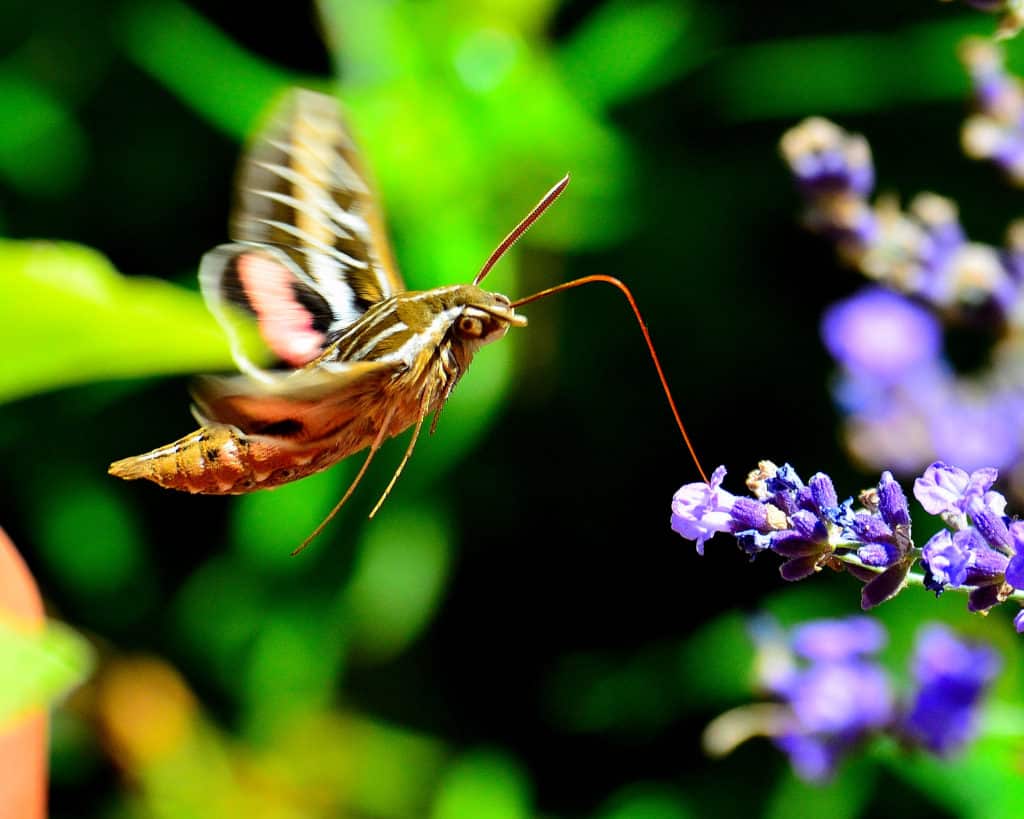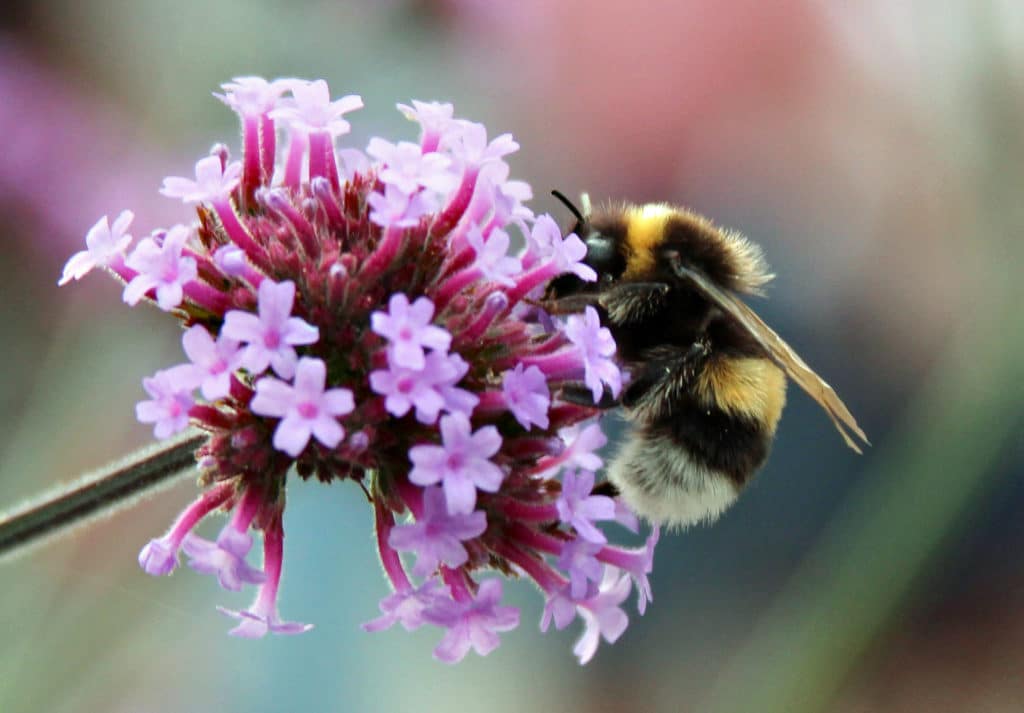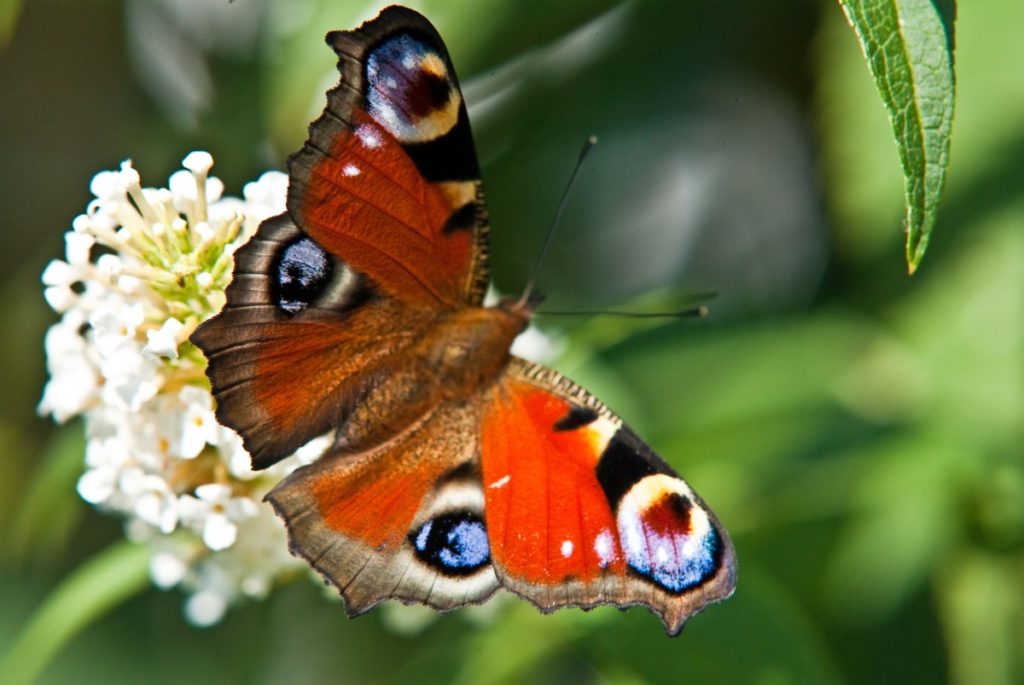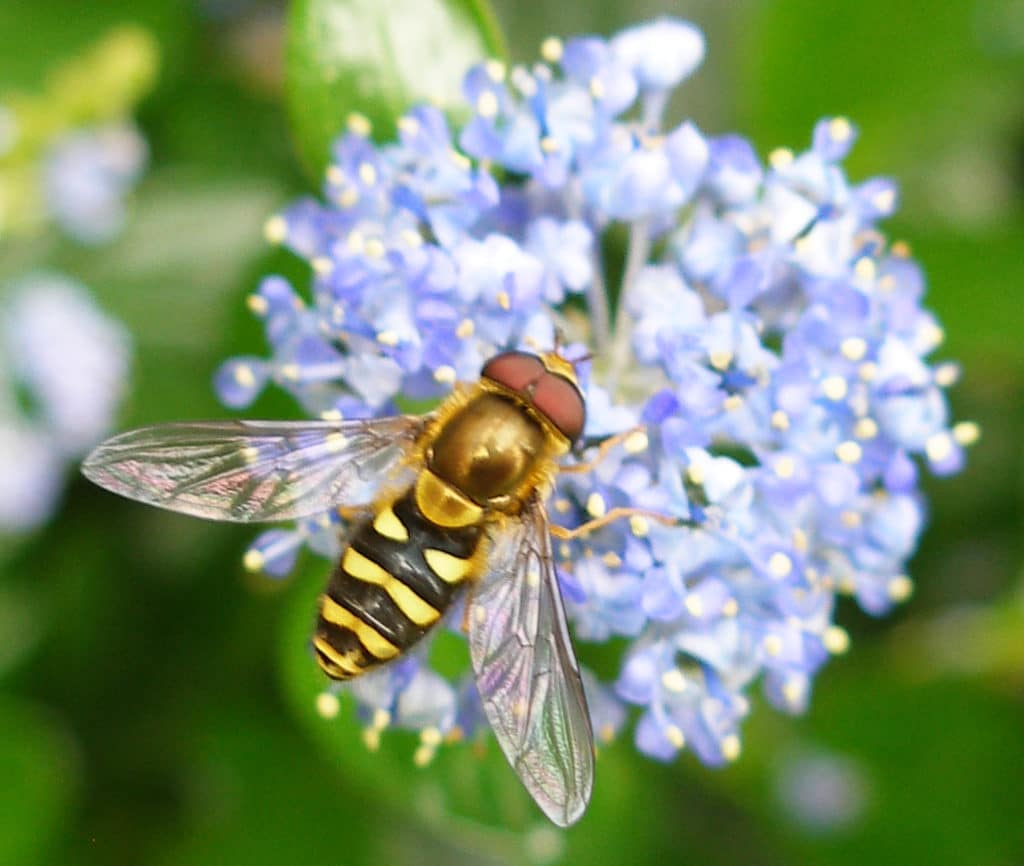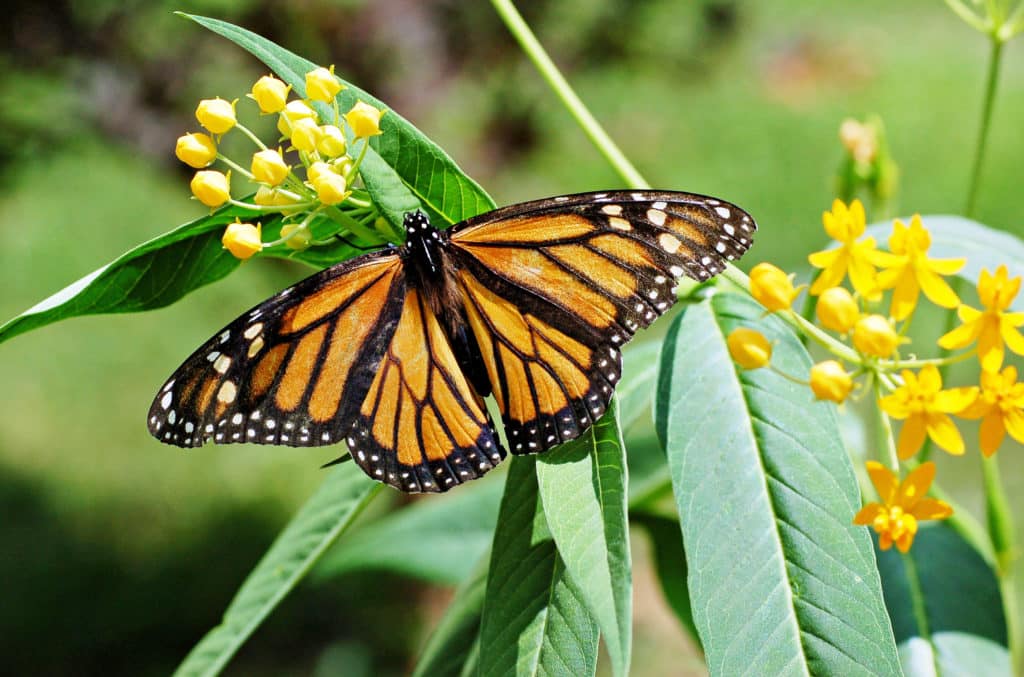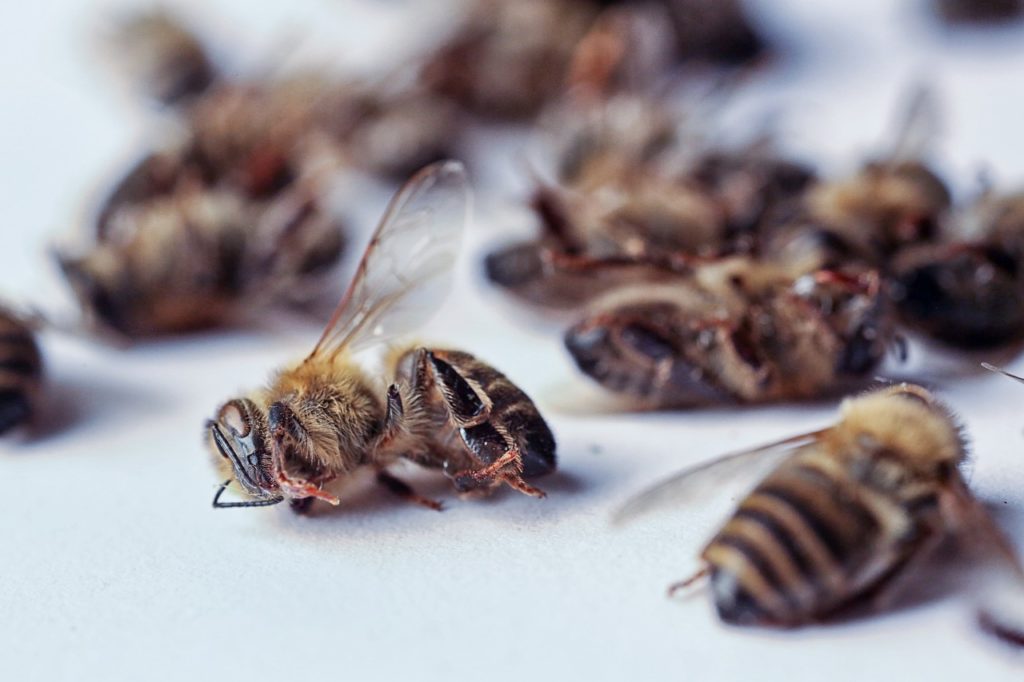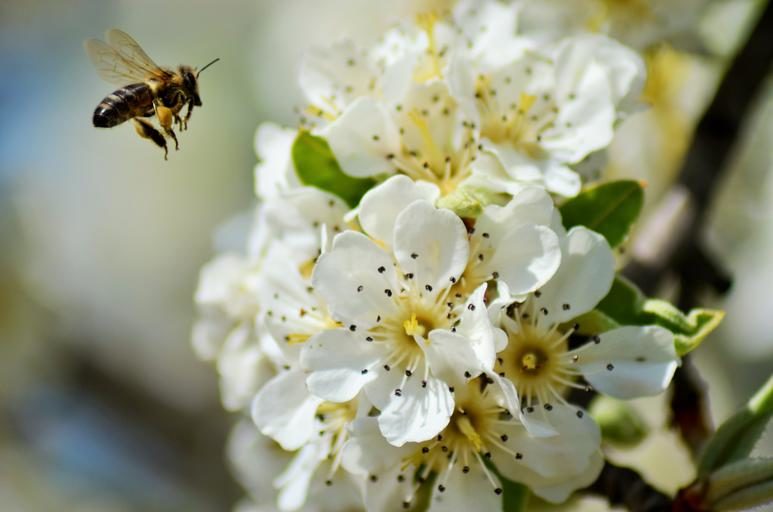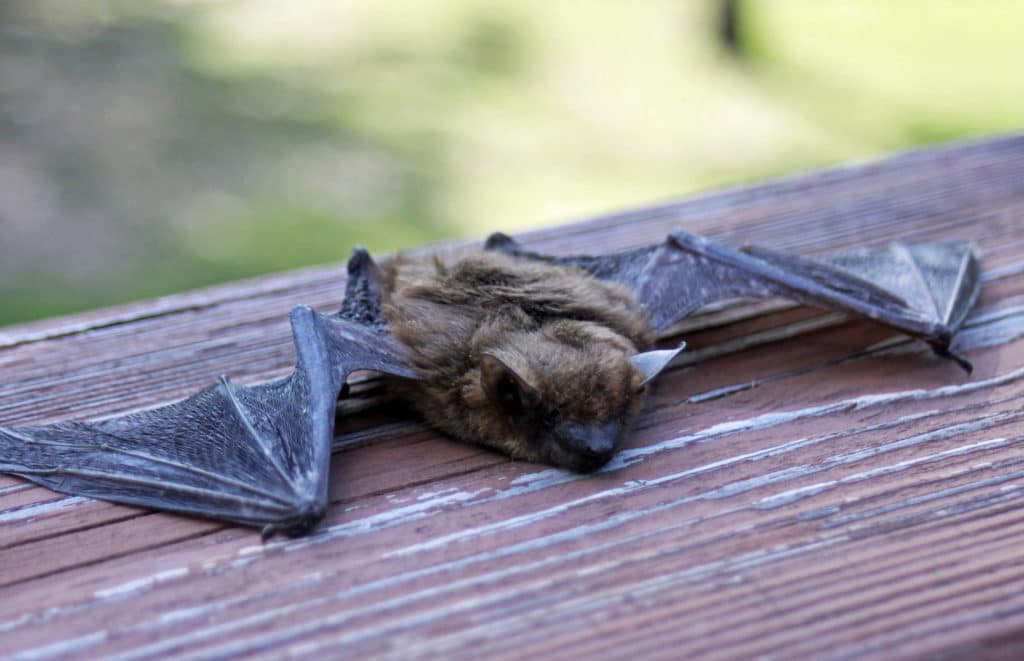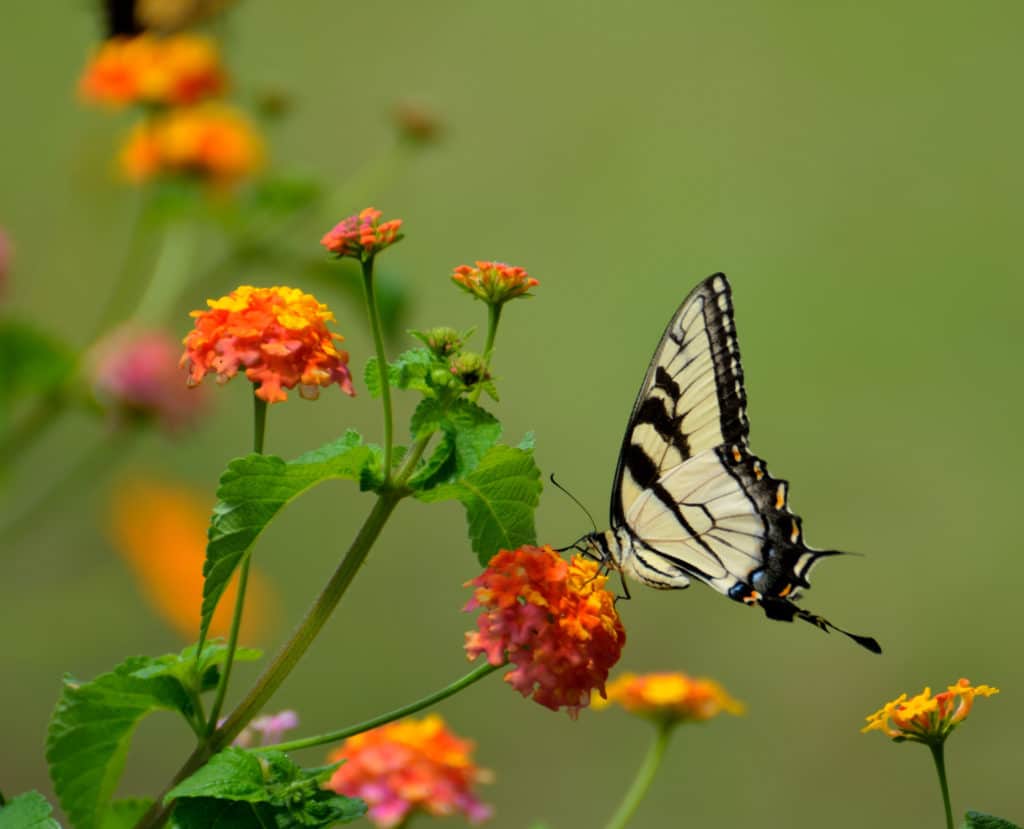Moths are Pollinators Too!
Birds, bees, and butterflies as important pollinators. Did you know there are lots of other pollinators, like ants, beetles, moths, and even the wind? While often considered the ugly cousin of the butterfly, moths are not only beneficial pollinators, they’re often equally gorgeous! There are more species of moths in the U.S. than all the […]
Moths are Pollinators Too! Read More »
